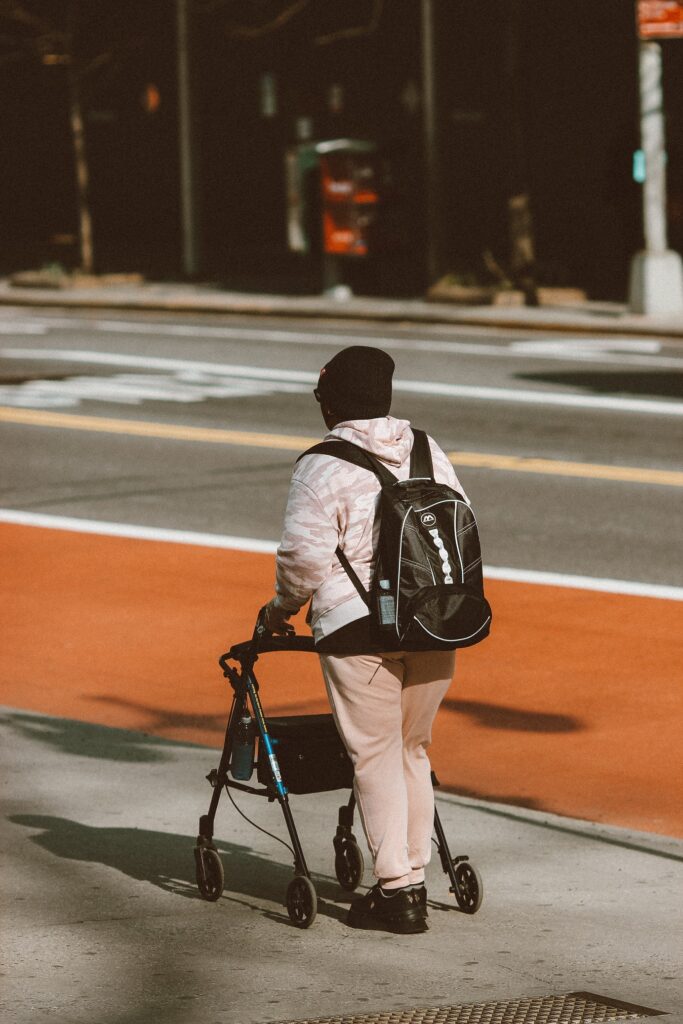We can all make a difference when we work together
Can you help make your community more accessible? The answer is yes.
A good way to start is to ask yourself some simple questions:
- Can my business, community group, or neighborhood take simple steps to become more accessible?
- Can I make small changes to better support friends and neighbors?
In this article, we’re going to explore how we can all make our homes, communities, and businesses more accessible. So, whether you’re looking forward to welcoming a new customer or wondering how you can be a better neighbor, read on for ideas and suggestions.
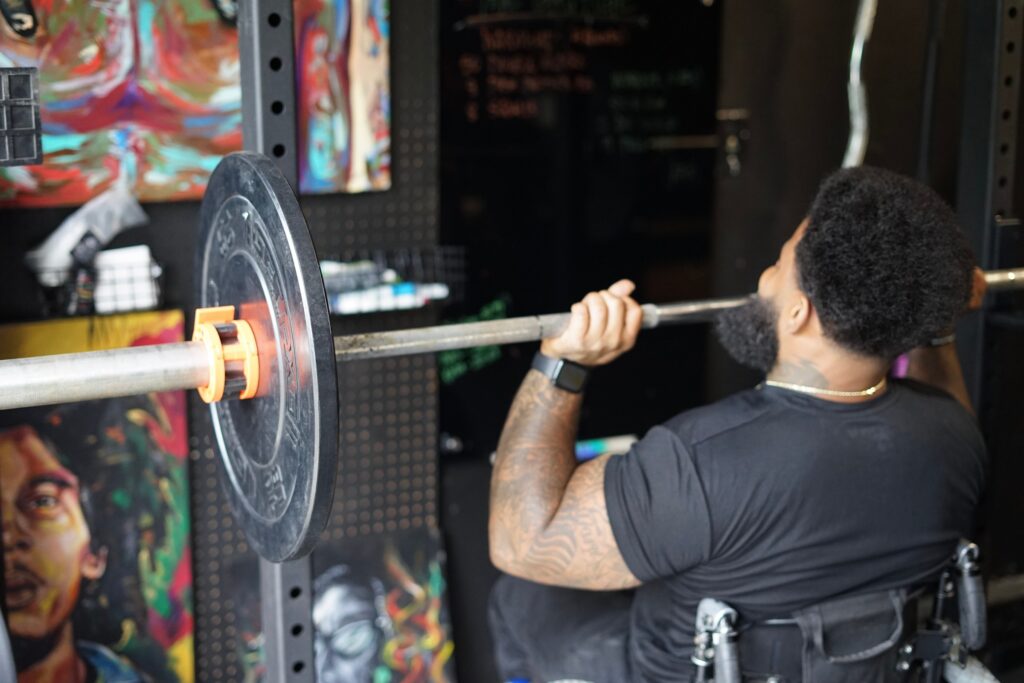
Identifying the different types of disabilities
Close to 61 million American adults have a disability. That means about 1 in 4 adults have some type of disability. But just as no two people are the same, neither are any two disabilities.
Let’s begin by discussing the different types of disabilities.
- Mobility: The most common disability type, affecting about 1 in 7 adults, involves difficulty getting around due to injuries such as a spinal cord injury, or conditions such as arthritis. This is a very broad category.
- Intellectual (also called cognition): There are a range of intellectual disabilities. Some may involve difficulty concentrating, remembering, or making decisions. Intellectual disabilities impact close to 200 million people worldwide.
- Auditory/Hearing: Approximately 15% of American adults (37.5 million) age 18 and up report some trouble hearing.
- Vision: This is one of the primary disabilities among adults ages 18 and up. It can impact us at any stage of life.
- Injury or illness: This may be temporary or permanent. For example, it can impact us after surgery or an accident, or following a new diagnosis. You may experience more than one type of disability at the same time. Consider how a stroke, or a diagnosis of epilepsy, hearing loss, or cancer may result in changes to your life and how you navigate the world.
With such a large number of Americans living with disability, it’s important that we all try to step up to see how we can be more inclusive.
This brings us to the word “accessibility.”
What is accessibility? What does it mean to be accessible?
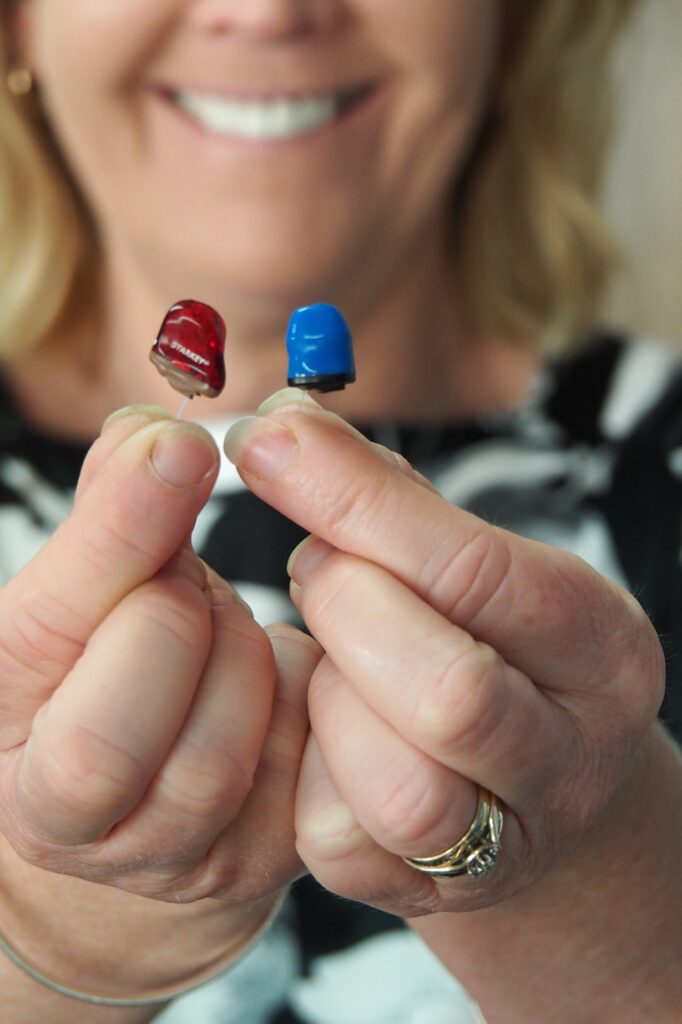
We use this word to talk about making sure that everything, ranging from businesses and public transportation, to hotels, restaurants, and parks, can be used by the entire community.
Accessibility opens up opportunities for everyone to enjoy everyday things.
But lack of awareness is one of the biggest reasons that more accessibility needs aren't met.
Remember, not every person with a disability has a visible disability.
There are many people with “invisible” or "hidden" disabilities, just meaning that this isn't as visible from an outsider’s perspective.
How can you make your community more accessible?
Here are four categories to explore way to make your community more accessible.
At your business
- Ensure that your physical building has ample space to move around for anyone using a walker or wheelchair. Check your restrooms. Next, look at your counters and doorways.
- Learn more here and check the ADA compliance checklist. Is your business accessible to all? Share this on your website and social media.
- Speaking of websites, can yours be used without a mouse? Do you use headings to organize your content? Click here to learn more ways to make your site more accessible.
- Make sure there are adequate disability parking spaces. Keep sidewalks and front areas clear.
- Allow service animals without question.
- Provide disability awareness training to employees.
- Listen to, and be open to, suggestions from people with disabilities.
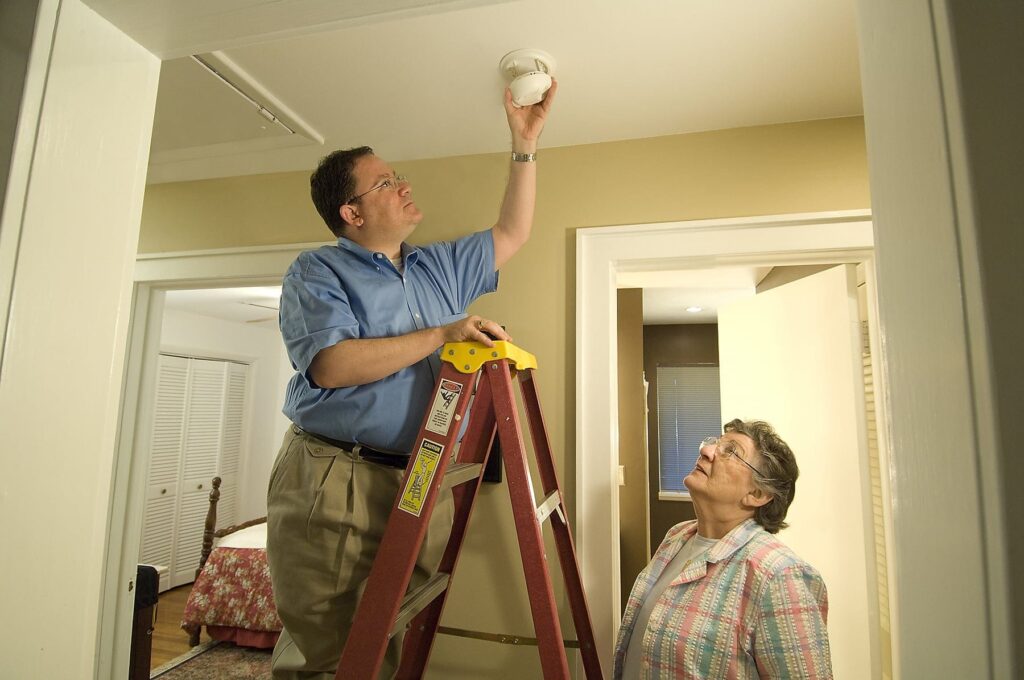
At home
You never know when you may find yourself in need of ADA-compliant upgrades due to injury or illness. Perhaps you have a loved one with a disability who is coming to stay. Or, maybe you want to make simple changes to make your home safer for everyone.
Whether you want to do major renovations or need to make updates quickly, here are some low-cost changes. For example, you can:
- Arrange furniture to allow for easy movement for anyone using a wheelchair or medical device. Then, remove floor clutter and slippery rugs.
- Upgrade your bathroom by adding lever handles (instead of doorknobs) and install a temporary higher toilet seat.
- Set up smart home technology if you have access, so it’s easier to adjust lighting and the thermostat.
- Assess walkways, entrance points and outdoor living spaces to make sure that everyone can navigate around them safely. Check outdoor lighting to make sure you have a well lit path.
- Make it a habit to replace batteries in smoke detectors and carbon monoxide detectors at least once a year.
Click here for more detailed suggestions on how to make your home more accessible.
Out and about in the community
Here are some ways you can be an ally for accessibility in your community.
If helping others is something you’re interested in doing, and you’re looking for part-time work, then becoming a Papa Pal companion caregiver may be right for you. Papa Pals help seniors, older adults, and families with companionship and help around the house and community. Click here to learn more.
In the digital sphere
Making sure that everyone has access to technology is essential. But, it's often overlooked. To make your community more accessible, why not start online?
If you have a website for a community organization or club, you can check here to see if everyone can use it. And, if you're looking for low-cost options for technology for seniors, including internet service and cell phone plans, check this list for resources near you.
Technology access can mean the difference for many people. Without it, many of us can’t order groceries, buy gifts, pay bills, or do a virtual doctor’s visit. It's a game changer.
Here are some ways we can use technology tools to improve access for all:
- Try Googling “hey Google open lookout” to have something on paper read out loud to you.
- If needed, use emergency assisted dialing to provide text to speech.
- If you’re in the U.S,. plug in your headphones and turn on Detailed Voice Guidance in the “Navigation” setting of Maps to find your way around.
- If you can't hear audio, click here for live closed captions. Plus, there is another option called "live transcribe" that sends you the transcripts from your conversations.
- Use text-to-speech technology and the opposite, voice-to-text.
- Check out TapTapSee, which identifies objects in videos and photos out loud.
- Try the “blind-friendly” filter in Google play to help you find audio-based games.
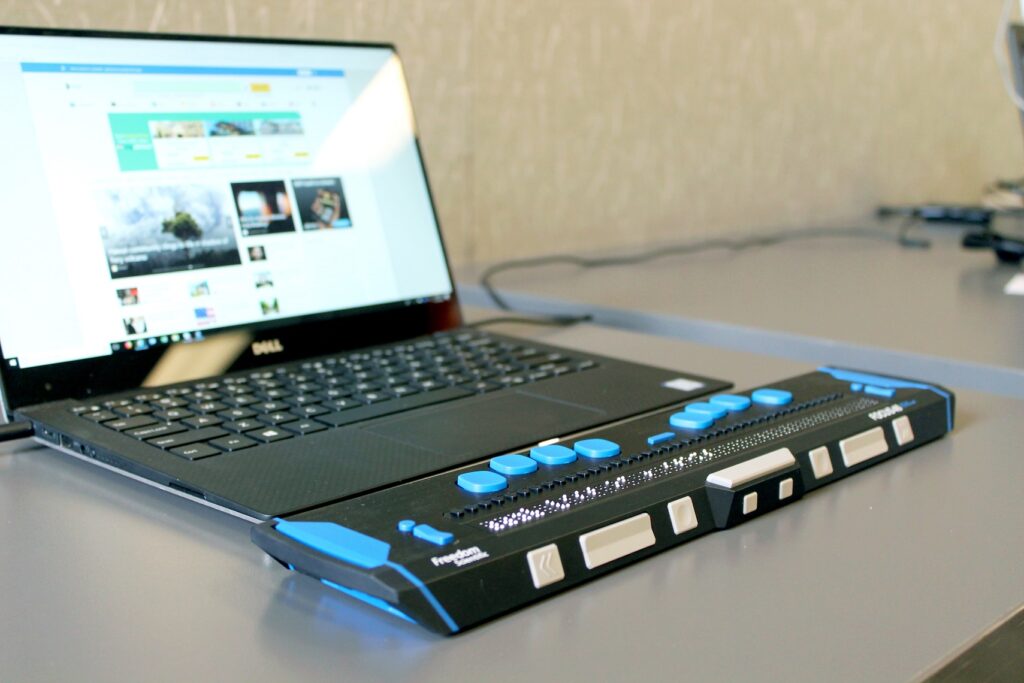
Become an ally for accessibility
Small gestures go a long way. Next time you're out and about, keep these tips in-mind:
- Never park in a disability pass parking spot (unless you have one).
- Hold the door open for others.
- Don’t block walking paths with parked cars or garbage cans. Why? It's difficult or impossible to get around them while using a wheelchair or walker.
- Consider working as a Papa Pal companion caregiver! It's great way to earn extra money while providing support, such as meal prep, to fellow community members.
- Help someone in a store to reach high or low items.
- Help someone carry shopping bags and return their cart.
- Check on your neighbors after a storm.
If someone says “no thanks” to an offer of help, don't be offended. Your gesture is often enough to make a difference.
Make your community more accessible―and stronger
No one should ever feel like they do not belong in their own community. (Or that there is not a place for them.) As a whole, we can all strive to make sure everyone feels, and is, included.
We encourage everyone to see how small changes and increased awareness can make a community more accessible. If we all work and learn together, we can make a difference!
Earn extra money and give back as a Papa Pal
Papa Pals brighten the day for people in their communities. They make a positive impact.
It’s easy to apply online to work as a Papa Pal. Not only will you have the opportunity to earn extra money, you will also have a flexible, part-time schedule that you control.
There's no better time to apply. Click here to start your application and learn more.
